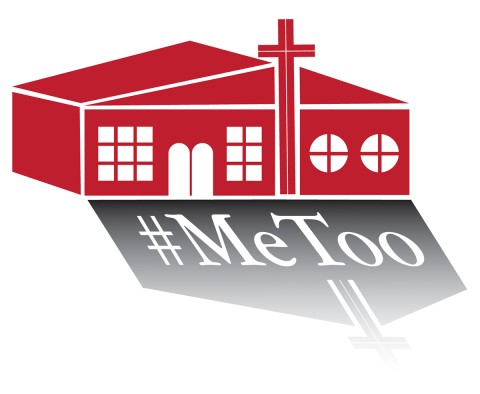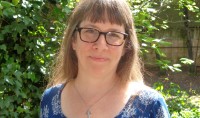Bethel AME Boston’s response to sexual violence in the community
“We’re going to do what it takes,” says co-pastor Gloria White-Hammond, “to be our sister’s keeper.”

At the beginning of Between the Acts, Virginia Woolf’s last novel, a character named Isa reads a story in the newspaper about an assault that haunts the rest of her day. Some soldiers lured a young woman into their barracks, offering to show her a horse with a green tail, and then turned on her. “That was real,” Isa thinks—so real that she seems to see the barrack room, and the young woman struggling, before her eyes.
As I write this column, Christine Blasey Ford has accused Brett Kavanaugh, the president’s nominee for a seat on the Supreme Court, of attacking her when they were teenagers and holding his hand over her mouth to stifle her screams. Ford discussed this traumatic experience with her therapist and her husband back in 2012. Kavanaugh denies it ever happened.
Read our latest issue or browse back issues.
Like Isa, I can’t get this story out of my head. “That was real,” I thought when I heard it. You could almost feel Ford’s account moving through the atmosphere, snagging on women’s minds, triggering and troubling our own memories. It’s so sinkingly familiar, a story too many women know in their bones.
Women are not the only ones on the receiving end of such violence, but we do seem to be expected to understand such experiences as part of being female and to arrange our lives accordingly. Even in the #MeToo era, sexual harassment and abuse remain part of growing up, part of being in school, part of going to church, part of dating, part of going to parties, part of working, part of walking alone, part of jogging alone, part of life for girls and women. Even now, politicians working to save the nomination are saying that the behavior Kavanaugh is accused of is just the kind of stupid thing boys do to girls at that age and shouldn’t have a bearing on this appointment. Others have suggested that Blasey might not remember clearly who hurt her all those years ago. Meanwhile, she has received so many death threats that she and her family have gone into hiding.
Whatever happens in the coming weeks in Washington, this national reminder of the hidden burden so many people carry through their lives after a sexual assault is a call to action. In Boston, Bethel AME Church offers a model of how churches might respond. A few years ago, copastor Gloria White-Hammond issued an invitation to her congregation: if you believe you are being called by God to address sexual violence, she said, come join me. With an intergenerational cadre of leaders, Bethel’s Shatter the Silence program is working to make sure that they have the most effective policies and procedures in place to prevent and respond to sexual violence in their church, to educate their community about the pervasiveness of sexual violence and the long-term suffering it leaves in its wake, and to offer healing spaces for survivors. They are also doing the theological work necessary to be a community of support and healing: examining and unspooling the ways our theology has helped to shape biases against women, as well as lifting up the theological resources churches need to be steeped in, in order to cherish and protect the human dignity of all.
A crucial part of this project, White-Hammond says, is to connect to organizations that have been doing this work on the ground for a long time and to those who know how to listen and respond to the stories of survivors and how to fight sexual violence on many fronts. Bethel members work with the Boston Area Rape Crisis Center to get the training and education they need to do the work they envision. Church members have participated in weeklong intensive sessions, small workshops, and large conferences as they have sought to become a place where survivors of sexual violence can seek healing. “We’re going to do what it takes,” White-Hammond says, “to be our sister’s keeper.”
The staff of Bethel is also looking at which biblical texts are being preached and which are not, in order to make sure that sexual violence is regularly addressed from the pulpit. The church recently held a Shatter the Silence Sunday which drew a record crowd, both in the sanctuary and online. White-Hammond preached that day on Judges 19, a text of terror many told her they had never before heard a sermon on. For her, rereading scripture is crucial to this work. “The way the story of Adam and Eve got passed down to us,” she says, “taught us to blame women.” In her preaching, she is working to undo such readings and to lift up the creation of all people in the image of God.
White-Hammond brought the issue of sexual violence before her congregation as a spiritual issue. Are you called by God, she asked, to address this? Are you called by God make healing from sexual violence and the struggle against sexual violence central to the life of this community? White-Hammond made clear in her invitation that this work is sacred work. I feel the claim of her question on me.
“We’re not going to be able to heal,” she says, “until we hear all the stories.” She knows that some survivors are ready to break their silence while others are not. But she also knows that both can be supported by communities that mourn sexual violence, rage against it, work to end it, and offer a place of healing for those who have been harmed.
A version of this article, which was edited October 5, appears in the print edition under the title “A story women know.”






